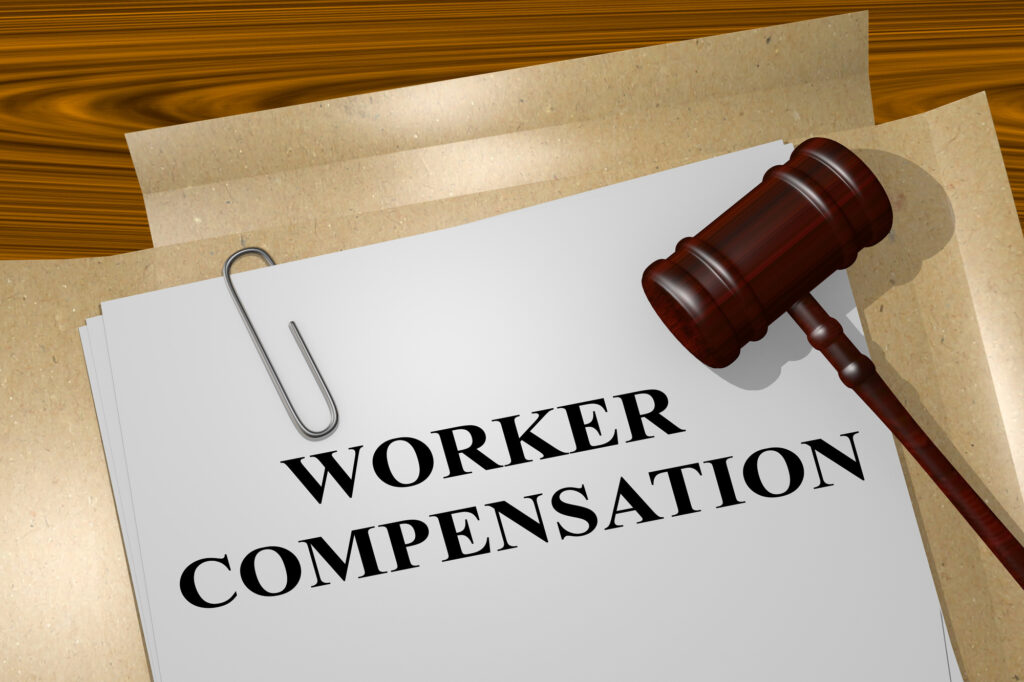
If you have suffered an injury on the job and are not able to return to work, filing a workers’ compensation claim is the first step toward getting the financial support you need. But unfortunately, even after taking this important step, your claim may still be denied.
This can be incredibly frustrating and overwhelming for injured workers who are already dealing with physical pain and disruption in their lives. In this blog post, we’ll discuss what steps to take if your initial compensation claim is denied so that you get the best possible outcome.
Why Your Workers’ Compensation Claim May Have Been Denied
If you’ve been injured on the job and your Workers’ Compensation claim has been denied, it can be frustrating and discouraging. However, understanding why your claim was denied can provide you with helpful information for a potential appeal or re-filing.
There are several reasons why a claim may be denied, including a failure to report the injury in a timely manner, insufficient evidence of the injury, or an argument that the injury did not occur while on the job. It’s important to carefully review the denial letter, seek legal advice if necessary, and take appropriate steps to ensure you receive the benefits you deserve.
Research the Denial and See If It Can Be Overturned
When it comes to denied claims or decisions, it’s natural to wonder if there’s a way to appeal or overturn them. The good news is that in many cases, there are options available. The first step is to carefully review the denial and understand the specific reason or reasons for it.
From there, it’s important to gather any additional documentation or evidence that may help support your case. Depending on the situation, you may need to file an appeal or request a reconsideration of the decision. While it can be a frustrating and time-consuming process, persistence can pay off when it comes to fighting a denial.
Obtain Copies of All Relevant Medical Records and Make Sure They’re Up to Date
As a healthcare professional, it is crucial to always have access to the most current and complete medical records of your patients. Obtaining copies of all relevant medical records and ensuring they’re up to date is an important step in providing quality care.
Not only does it allow you to have a comprehensive understanding of your patient’s medical histories, but it also helps you make informed decisions about their ongoing care.
Keeping these records organized and easily accessible can also help save valuable time and increase efficiency in providing the best possible care for your patients. As such, it is essential to make sure that all medical records are up to date and readily accessible at all times.
Make Sure That You Are Documenting Any Wage Loss or Medical Expenses Related to the Injury
When dealing with an injury, it can be easy to focus on physical healing and forget about the financial implications. However, it is important to keep detailed records of any wage loss or medical expenses related to the injury.
This documentation can be crucial if you plan on seeking compensation or filing a lawsuit. By keeping accurate records, you can have a better understanding of the financial impact of the injury and ensure that you receive the proper compensation for any losses you incur. Remember, documentation is key in any legal matter, so be sure to keep thorough and organized records.

Get Legal Advice from a Workers’ Compensation Attorney
When facing workplace injuries, it’s crucial to seek legal counsel from a workers’ compensation attorney if needed. These attorneys are well-versed in navigating the complexities of workers’ compensation law and can provide invaluable guidance to ensure you receive the benefits you deserve.
With their expertise in the field, they can help you understand your rights as an employee, file the necessary paperwork, and even negotiate with insurance companies to maximize your compensation. Don’t risk losing out on benefits that are rightfully yours – reach out to a workers’ compensation attorney for professional legal assistance.
Negotiate with the Employer’s Insurance Company
When an unexpected work injury occurs, negotiating with the employer’s insurance company can be a daunting task. However, it’s essential to do so to ensure you receive the best settlement possible. It’s important to approach the negotiations in a professional and clear manner, providing strong evidence and documentation of your injury and resulting medical expenses.
Remember, the insurance company is motivated to pay out as little as possible, so be prepared to stand firm and advocate for yourself. With the right strategy, you can successfully negotiate a fair settlement that covers your expenses and provides financial security during your recovery.
It’s important to take any denial of a Workers’ Compensation claim seriously and understand why it may have been denied. Depending on the situation, there may be an opportunity to appeal or overturn the denial. Gathering all relevant medical records and documenting any wage loss or medical expenses will help you in your appeals process.
You can then use this information to negotiate with the employer’s insurance company for the best possible settlement. If needed, do not hesitate to consult with a workers’ compensation attorney who can provide legal advice and guidance. Ultimately, understanding what happened, researching all available options, and taking the necessary steps will help ensure that you get fair compensation for your injuries and wages if your Workers’ Compensation claim is denied.
